|
Today, the Wall Street Journal published an article titled, “Humans Question Their AI-Based Future.” Hum… good question.
The author cites a study by Pew Research Center that canvassed 1,000 “AI experts” and found that “63% of respondents were optimistic, predicting that most individuals will mostly be better off, while 37% thought otherwise. But optimistic or not, most experts expressed concerns about the long-term impact of AI on “the essential elements of being human.”” D’ya think!!? The respondents cited concerns from control over their own lives and surveillance and data collection worries to fears of AI taking human jobs and the subsequent social upheaval! Holy %$@#! There are clearly some benefits to AI but the need to remain human is my number one goal. And you know what I’m going to say… three words… write more letters!!! Yes, that will save us all!
0 Comments
To celebrate National Handwriting Day, I want to celebrate my friends and family’s handwriting! I adore handwriting- it is so unique, almost like a fingerprint, but we can actually change our writing as we evolve. We can print, we can write in script, we can try calligraphy or bubble letters (little known fact to most, I ROCK the bubble letters!). That being said, I desperately wanted beautiful handwriting when I was younger and no matter how much I tried, I could never achieve my goal. I started with a nondescript style, the went so teeny tiny my teacher said I was trying to make her go blind, then it grew bigger and I hoped cooler but I gave up trying when I addressed some envelopes for my father for a summer job and he remarked, “I thought you had neat handwriting.” Ha! My parents’ handwriting always intrigued me (image above). My father’s handwriting is the most distinctive writing I’ve ever seen. His big, bubbly letters with circle-dotted “i”s seemed to run totally counter to his super professional, always three piece suit-wearing demeanor (top image). My mother was a gorgeous, elegant, refined, petite woman with the worst chicken scrawl you’ve ever seen (second image above). My younger sister is reserved and kind and her handwriting is bold and wild (below)! My two college roommates have gorgeous writing. Becky, who is creative and crunchy, has such beautifully structured handwriting always accompanied by illustrations and different colored inks. Stephanie’s writing (below) has the carefree elegance I always wanted (her father is an architect so I think there’s a bit of nature/nurture there). My mother-in-law and I first bonded over an epistolary relationship as we mutually admired each other’s thank you notes. Her writing will always be dear to my heart. My great friend and writing buddy/therapist writes in easygoing script (below) as she laments the awful scrawl of the suffragette Susan B. Anthony she’s trying to decipher. Anthony's handwriting (below) looks more like art than handwriting. I love my hysterical cousin Marj’s post-it note. So sad that the hardware store is closing. Darn you Home Depot! And to finish, here is my great high school friend's beautiful writing. Those pretty all caps are somehow bold and soft at the same time. And I love the pink felt pen choice. Thank you to all my friends and family who honored my odd request to send me a photo of their handwriting. Writing is both personal but public. I wish that we could see more of it!!!
Wednesday is National Handwriting Day because January 23rd was John Hancock’s birthday. As the most famous signature on the Declaration of Independence, there are many rumors surrounding why his signature was so big. Some say after signing, Hancock commented that he wrote his name so large so the “fat old King could read it without his spectacles.” Others say it was merely his way to show his enthusiastic support.
What is known is that Hancock was the first person to sign the Declaration because it was his right as the president of the Continental Congress. And, as president, his signature was centered below the text. Then, it was customary for the other delegates to sign at the right, below the text, in geographical order of the states they represented. Hancock had a big personality. His friend, Samuel Adams, was supposedly concerned about his "conspicuous lifestyle." According to the Constitution Center, he may have been the richest man in New England when he inherited his shipping fortune. He was super smart, graduating Harvard at 17, and stood with the patriots despite his elite, Loyalist social status. All in all, his signature is elegant, big and bold- just like he was. At the time, the saying went, “a good hand was the sign of a good man.” I suggest you celebrate Hancock and handwriting and show us what a good (wo)man you are! Write away! Study after study prove the endless benefits of handwriting. The following research shows handwriting makes you happier, increases your brain function, improves your memory, helps you write better content and even boosts your immune system. After reading this, you will without a doubt run to get that pen and paper and write away!
Writing makes you happier Kent State University Professor Steve Toepfer asked his students to write letters of gratitude (for a gift, a passing smile, or anything) and found writing thank you notes significantly improved writers’ happiness and satisfaction and decreased depressive symptoms. Even better, the benefits of writing had a cumulative effect over time. “As they wrote, up to three letters, results showed increasing benefits. The more letter writing people did, the more they improved significantly on happiness and life satisfaction. The new and potentially important finding is that depressive symptoms decreased. By writing these letters – 15 to 20 minutes each, once a week for three weeks to different people – well-being increased significantly. There is a cumulative effect, too. If you write over time, you’ll feel happier, you’ll feel more satisfied, and if you’re suffering from depressive symptoms, your symptoms will decrease.” Another study found that people writing gratitude letters, “significantly underestimated how surprised recipients would be about why expressers were grateful, overestimated how awkward recipients would feel, and underestimated how positive recipients would feel.” Writing increases your brain function French psychologist Stanislas Dehaene found writing stimulates your brain, “When we write, a unique neural circuit is automatically activated.” When this neurological function is active, it makes learning easier. A 2012 study determined that handwriting may facilitate reading acquisition in young children. An Indiana University study showed that children who wrote by hand had much more "adult-like" neural activity than those who just looked at the letters. Psychology Today reports that cursive writing trains the brain to learn “functional specialization” which is the capacity for optimal efficiency. “In the case of learning cursive writing, the brain develops functional specialization that integrates both sensation, movement control, and thinking. Brain imaging studies reveal that multiple areas of brain become co-activated during the learning of cursive writing of pseudo-letters, as opposed to typing or just visual practice.” Handwriting also increases brain power by training the brain “to use different parts of the brain for different functions, which helps with work efficiency.” Cursive writing integrates visual and tactile information and fine motor skills. The Psychology Today article concludes, “The benefits to brain development are similar to what you get with learning to play a musical instrument. “ Holy cow! Writing improves your memory Research in Psychological Science found that students who used laptops to take notes versus pen and paper had a substantially worse understanding of class lectures (as measured by a standardized test) than those who took notes with pen and paper. Because we can type faster than we can write, if we type what we hear we spend less time processing what we’re hearing. If we hand write, we have to process and condense what we hear to write it down. Writing helps you write better content Other studies show that handwriting increases the content quality of what you write. “There is a direct relationship between quality of handwriting and the quality of written text." Writing boosts your immune system This study might be the most amazing/hardest to believe and isn't specifically talking about handwriting but writing in general but an American Psychological Association study discovered that writing can not only help people learn from negative experiences, it can boost their immune system. “New research suggests expressive writing may also offer physical benefits to people battling terminal or life-threatening diseases.” I do wonder if there are some spurious variables at work here - perhaps because writing incorporates some factors of the Blue Zone longevity study. All in all, the findings are overwhelmingly positive. Writing makes our lives way better. But we knew that, duh! This week, CNN reported President Donald Trump had a letter hand delivered to North Korean leader Kim Jong Un, as the two leaders continue their ongoing denuclearization negotiation talks.
It seems they have quite a growing epistolary relationship growing. Back in September, The Week reported Trump said of Kim, "I like him. He likes me. I guess that's okay. Am I allowed to say that? We would go back and forth, and then we fell in love. He wrote me beautiful letters. And they are great letters. We fell in love." "Fell in love!" Wowza! Is the way to Trump's heart through letters. Who would've thunk? The romance of letters knows no bounds. Man oh man, how I’d love to see the contents of the letter Kim wrote Trump to make him wax on so! On a related topic, it has also come to my attention that Trump considers himself a handwriting expert. Perhaps he should "Make handwriting great again!" Oy! Today, the Wall Street Journal reported the unintended consequences of deleting your Facebook account is that you delete your memory too. Facebook’s barrage of reminders seem to be the only way a majority of its users remembered their “friends’” birthdays. So with the deletion of their account, so went social mores of wishing others happy birthday. Ha!
The article quotes John Allison, a U.K.-based comic artist and writer, as saying, “Just like we used to in ancient history in 2006, I’m going to walk right up to them and say, ‘When is your birthday?’ ” He intends to not only talk to his friends (gasp!) but record his friends' birthdays in a physical notebook with a pen! Ha, again! The tortoise takes the lead again! Tortoise 2, Hare 0 -if anyone is counting ;) John Donne, the great English poet, once said, “more than kisses, letters mingle souls.” Amen to that, JD!
Chi Luu, a computational linguist, beautifully summarizes the history of letters and how although they began by performing a public, professional function and eventually became the private language of women describing their lives and inner most thoughts, in a style that is conversational and spontaneous. In this way, letters are the true reflections of the inner thoughts of an era and purely demonstrate the language and mores of that time. Luu cites a letter Jane Austen wrote her sister Cassandra in 1801: I have now attained the true art of letter writing, which we are always told, is to express on paper exactly what one would say to the same person by word of mouth; I have been talking to you almost as fast as I could the whole of this letter. I love this concept and hope we can get back to this. We dash off emails and texts (I'm the worst offender) but now that we have technology, it can push us to be even more creative, thoughtful and patient in mingling with other souls. 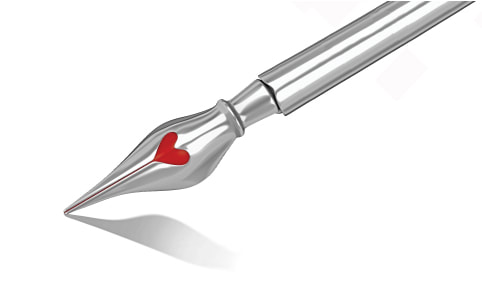 The New Yorker’s Mallory Rice describes a much needed funeral director’s condolence letter writing workshop. Cunningham, the funeral director, outlines fades in writing condolence letters (who knew?!). Two examples are: the phrase “passed away” is out, “died” is in. And don’t say, “I know how you feel” or “This is God’s plan” (definitely good advice.) She draws from literary condolences: Don’t be too chipper and don’t make it all about you (although the Queen of England gets a pass). And finally, she recognizes Emily Dickinson and Marcel Proust as the condolence letter superstars. Dickinson sent a sequence of condolence letters with flowers from her garden at difference stages of grief. Proust would be so sad, he would go on for pages and pages. Three cheers for them, though not so chipper cheers, please. The main message is write just the letter. Isn’t that always the case!? Alan Henry, the editor of Smarter Living, a section of the New York Times “that aims to help readers live better, healthier, happier lives” wrote an article this week titled, “The Gear You Need for a New Year (and a New You)."
The first thing Henry suggests is, “A notebook and pen for all those notes and to-dos.” He recommends his favorite journals, fountain pens and pencils, check it out. He also references an earlier NYT article that summarizes research which found that students who used laptops to take notes versus pen and paper had a substantially worse understanding of class lectures (as measured by a standardized test) than those who took notes with pen and paper. The reasoning behind this is super interesting. Because we can type faster than we can write, if we type what we hear we spend less time processing what we’re hearing. If we hand write, we have to process and condense what we hear to write it down. It’s like the race between the tortoise and the hare. The tortoise wins again! Thank you @halophoenix Because letters are not texts or emails, we have to write them differently. I find myself being more creative with the content of letters since I won't get a response for days or, more likely, weeks.
I started to explore literary salutations and found myself quite amused. Check these out: Adieu! take care of yourself; and, I entreat you, write! This is from Frankenstein. If it has anything to do with the monster, I'd do what he says. I kiss you, From Tolstoy. Okay, do it! I love the present tense! Your old friend and erstwhile companion, From Margaret Atwood's Alias Grace. Erstwhile is a great word but if you're my former companion, why are you still writing me? You bastard. Call a spade a spade, George Sanders. A tender adieu. Tender is a nice touch Jack Kerouac. Me. I wouldn't have thought Chekhov would be so self centered. |
AboutStationäry is a combination of stationary (to be still) and stationery (paper). Archives
January 2021
Categories
All
|
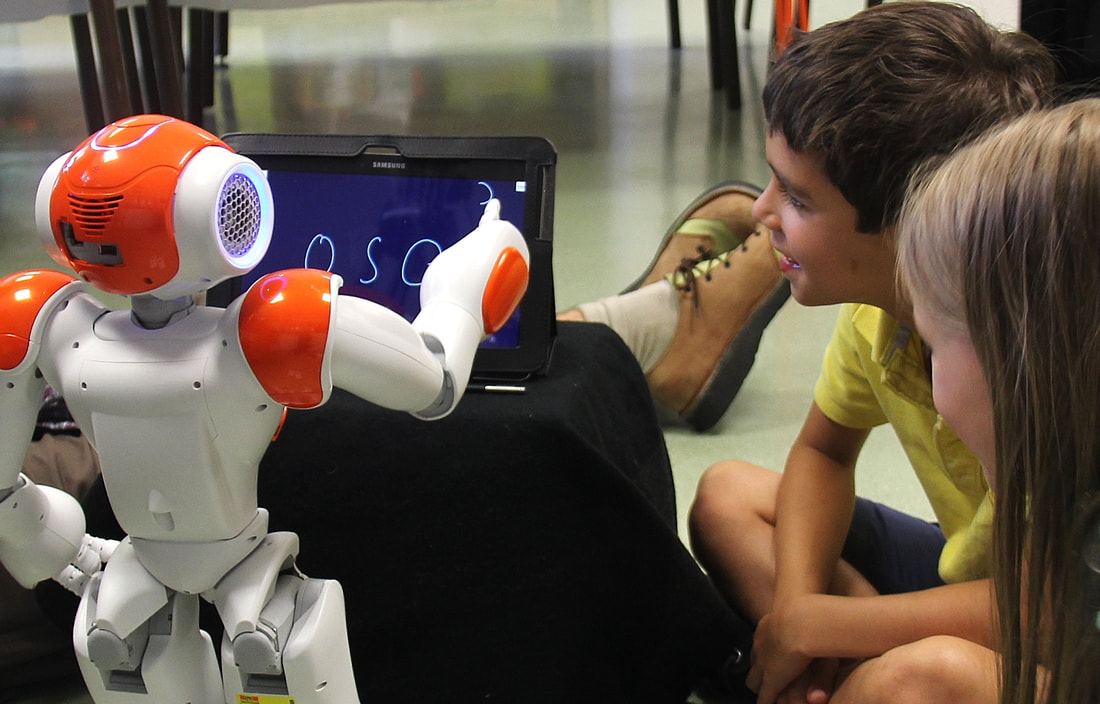
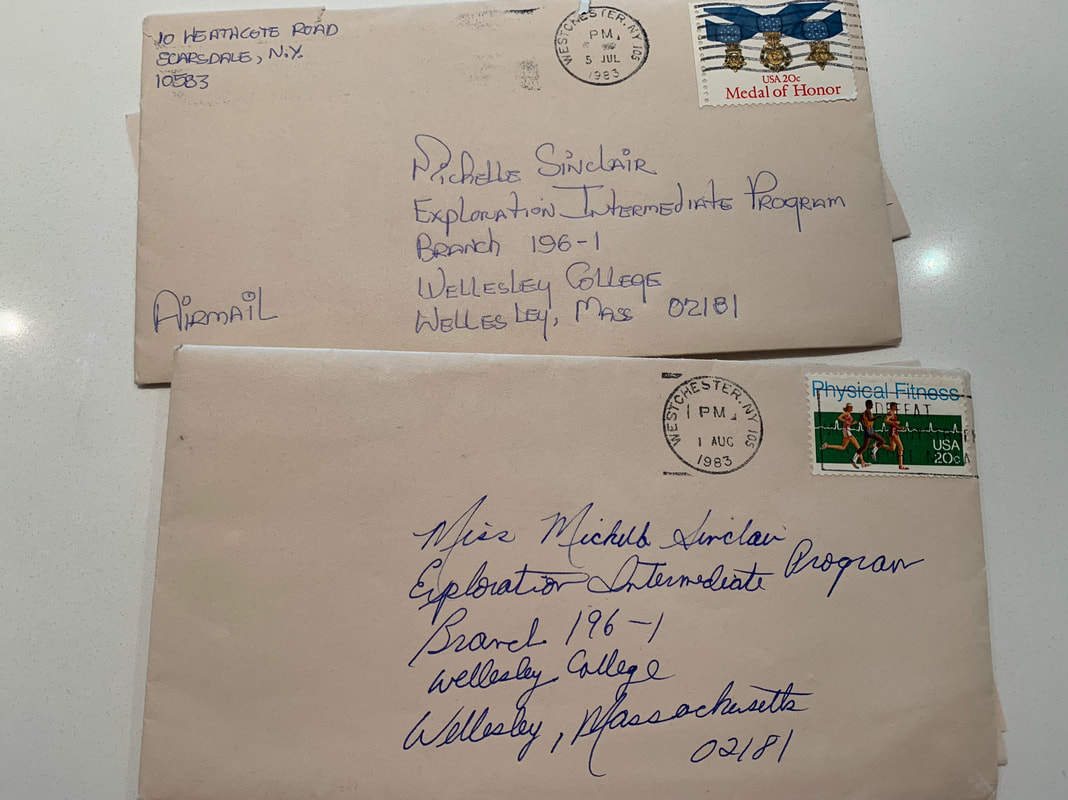
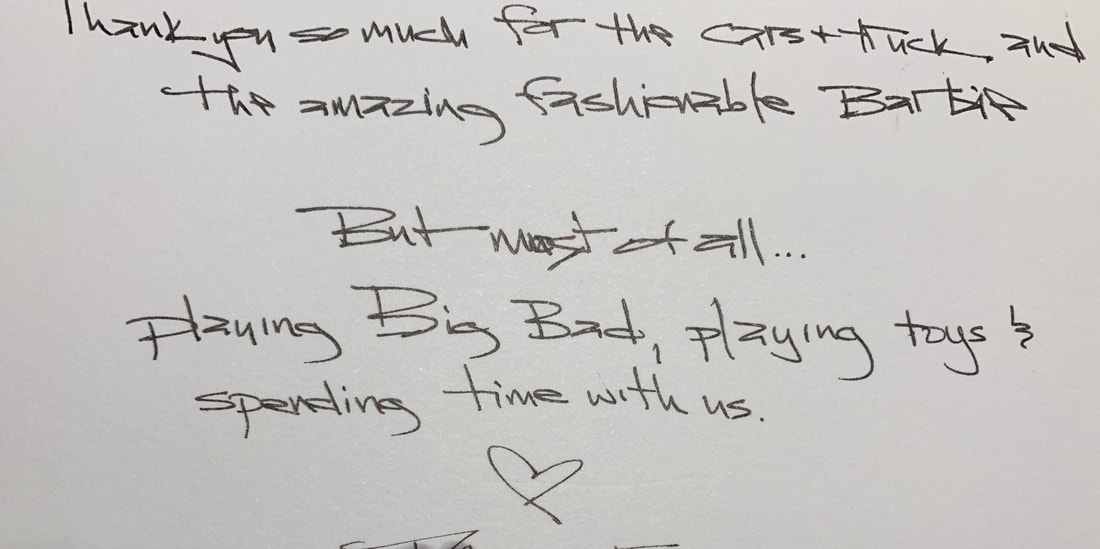
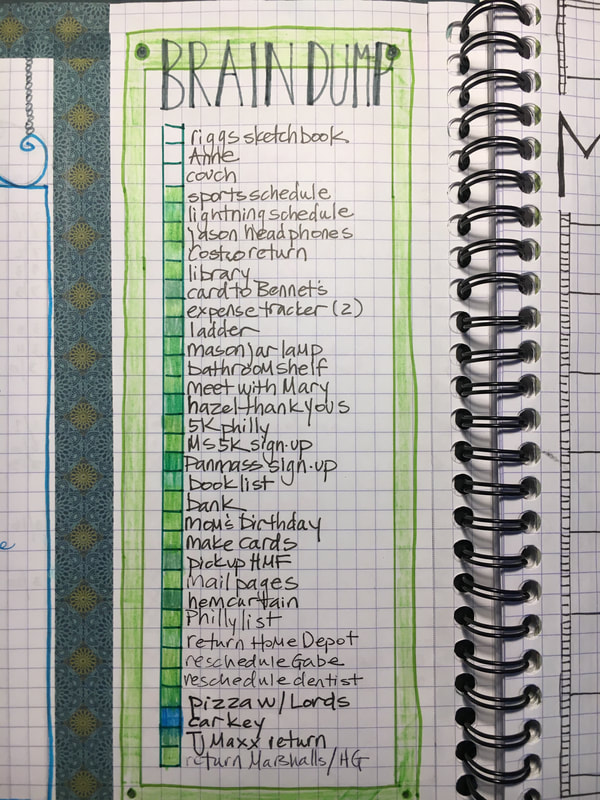
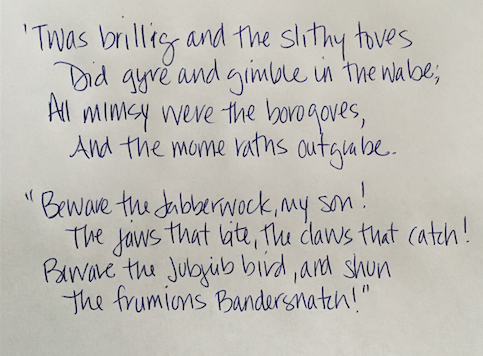

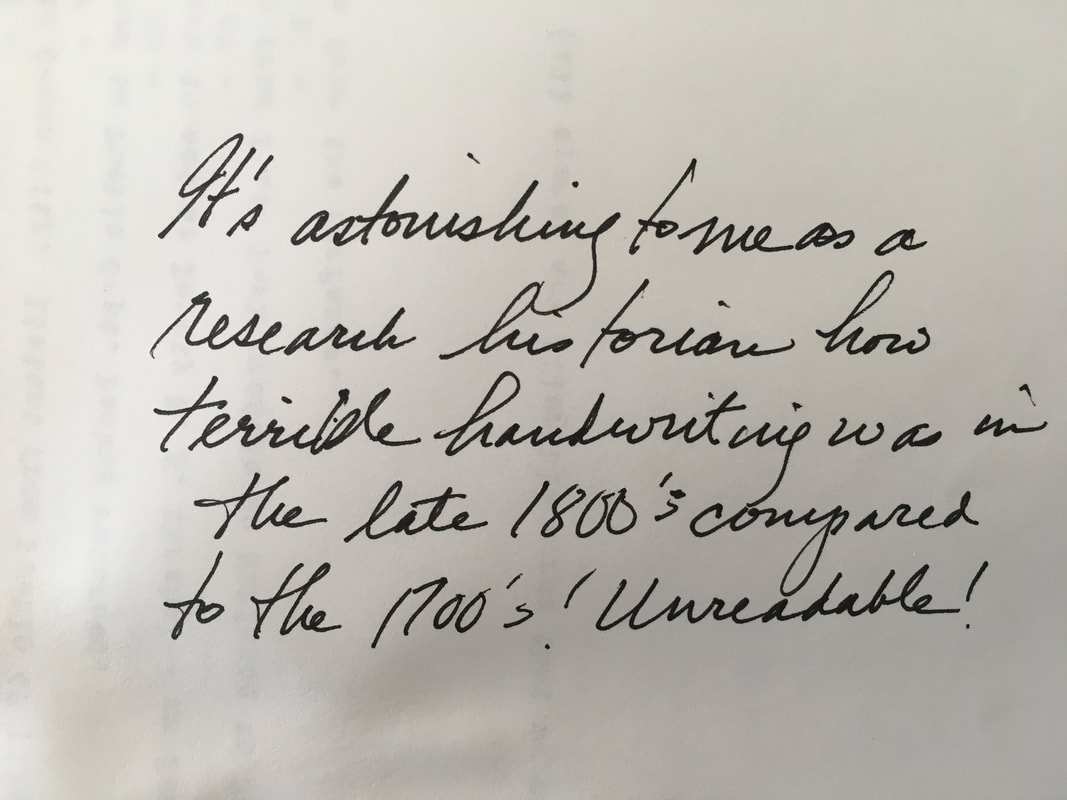
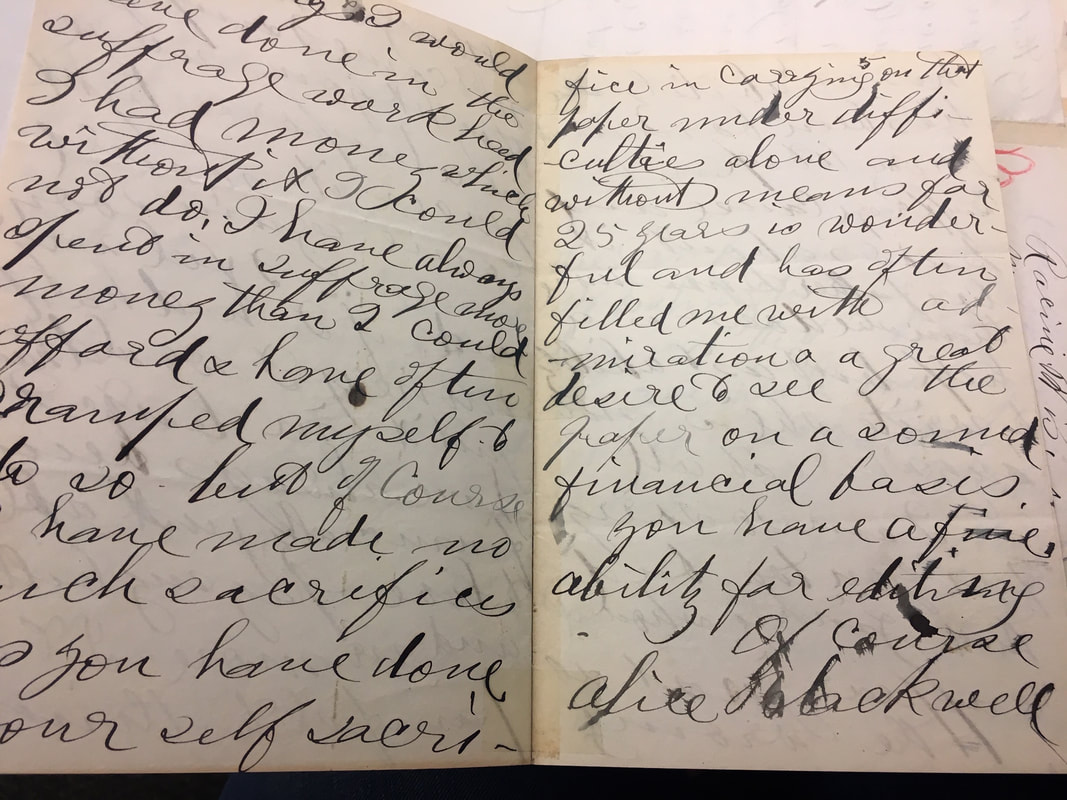
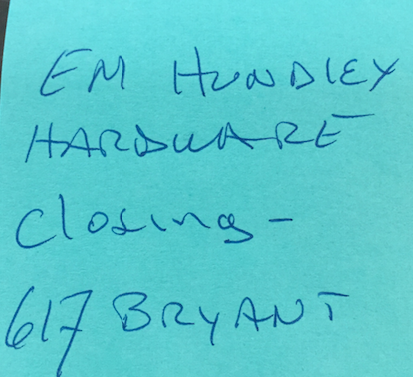
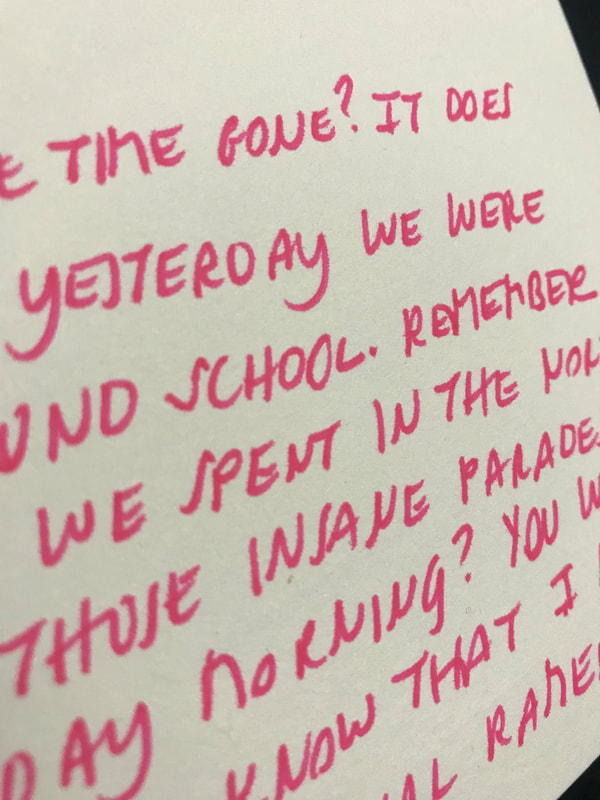

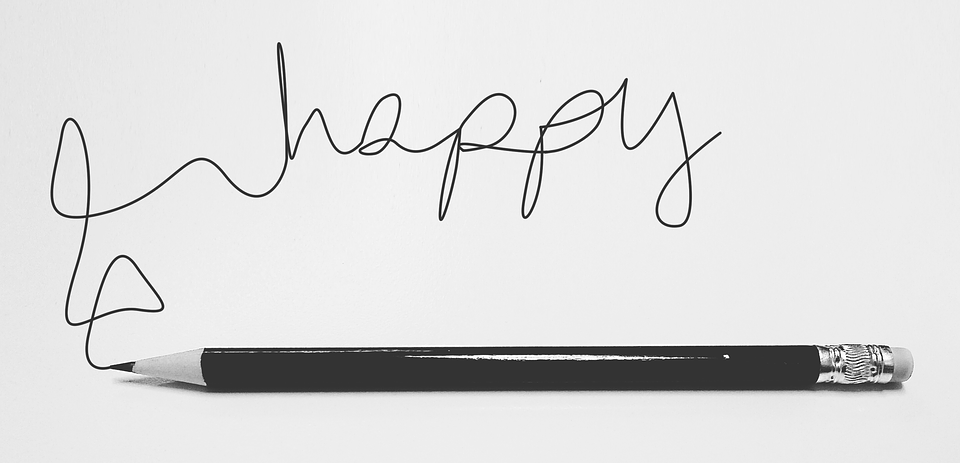
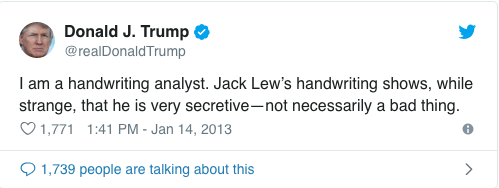
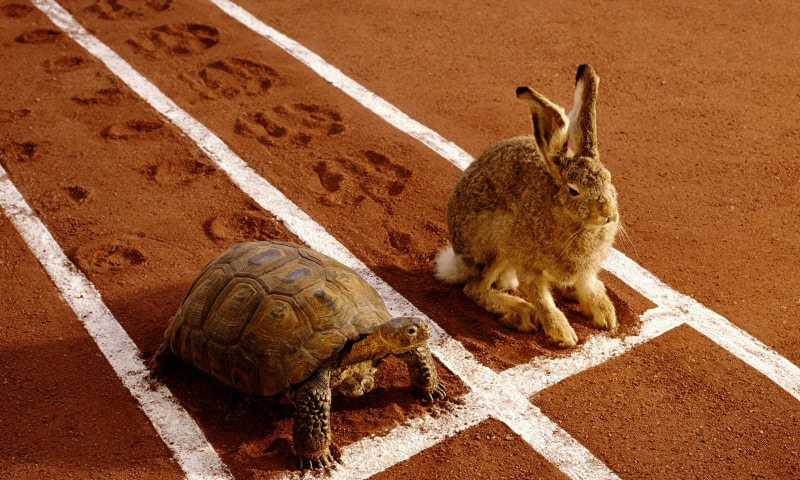
 RSS Feed
RSS Feed